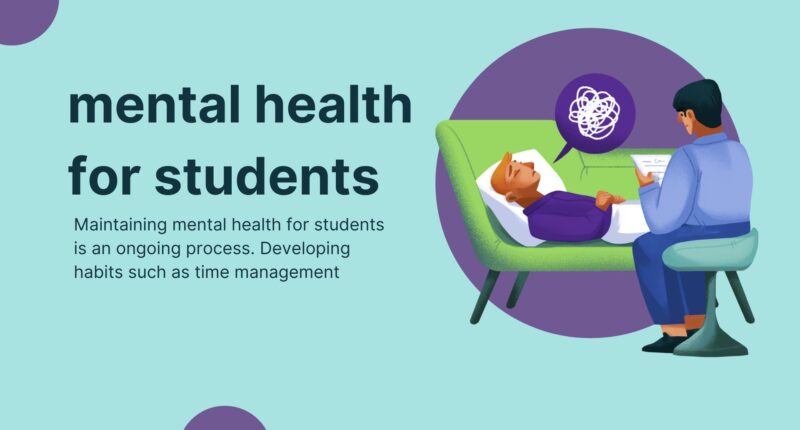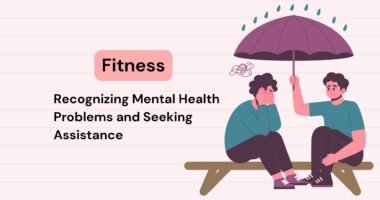20 effective tips for maintaining good mental health for students
Introduction
In today’s era, the stress and mental challenges on students are increasing. Many students become mentally distressed due to classes, exams, assignments, family expectations, and social pressure. If stress continues for a long time, it negatively affects the learning ability, concentration, and daily life of students.
However, the good news is that it is possible to take care of mental health. With the right strategies, time management, and developing positive habits, students can stay mentally healthy. This article discusses 20 effective mental health tips for students, which will help you stay mentally strong and healthy.
mental health For student and Gain time management skills
Time management is one of the main ways to reduce stress.
Why time management is important: If you can’t manage your time properly, work piles up, which causes stress.How to do it:Make a daily to-do list.Prioritize tasks.Finish one task at a time rather than multitasking.Use tools: Apps like Google Calendar, Todoist, or Notion can help with time management.
Ensure adequate sleep
Sufficient sleep is very important for mental health.
Why sleep is important: Lack of adequate sleep prevents the brain from functioning properly, resulting in decreased concentration and increased depression.
How to do it:
Go to bed at a fixed time every day.Stay away from your mobile or laptop before going to bed.Keep the environment at home calm and dark.
How to maintain a healthy diet
Nutritious food is necessary for the health of the body as well as the brain.
How nutritious food helps: Healthy food enhances brain function and helps maintain a good mood.
What to eat:
Omega-3 rich foods (fish, nuts).Vegetables and fruits.Eat less sugar and processed foods.
How to do physical exercise
Physical exercise acts like a magic pill for mental health.
Why exercise is important: Exercise releases “happy hormones” called endorphins, which reduce stress.
How to get started:
Walk for at least 30 minutes every day.Start yoga or meditation.Join a school or college sports team.
Practice meditation and mental calmness.
Meditation and mindfulness practices help students reduce stress and increase concentration.
How to do it:
Meditate for 10 minutes every morning.You can start meditating using an app like Headspace or Calm.
Be aware of your limits
Putting too much pressure on yourself is bad for your mental health.
How to be aware:
Don’t try to be perfect all the time.Don’t try to do something beyond your capabilities.Accept failure and see it as a learning step.
Understand the importance of taking breaks
Continuous work or studying can increase stress.Benefits of breaks: Taking regular breaks keeps the brain fresh and increases interest in work.
How to take breaks:
Take a 5-10 minute break every hour.Take a short walk or close your eyes and rest during your breaks.
Maintain social connections
Spending time with family and friends is very beneficial for mental health.
Why it’s important: Spending time with loved ones reduces stress and increases positive energy.
How to do it:
Hang out with friends once a week.Talk openly with family members.
Get rid of negative thoughts
Negative thoughts are the biggest enemy of mental health.
How to be positive:
Think about your successes.Write a positive sentence every morning.Seek counseling if necessary.
Seek professional help if needed
Sometimes seeking professional help can be the best solution for mental health.
Why it’s needed:
If problems like depression, anxiety, or stress are chronic.
Where to get it:
School or college counseling center.Mental health professional (psychologist or psychiatrist).
Summary
Maintaining mental health for students is an ongoing process. Developing habits such as time management, healthy eating, adequate sleep, physical exercise, and social interaction are crucial for mental health. If stress or anxiety is interfering with your daily functioning, seek professional help without delay.









